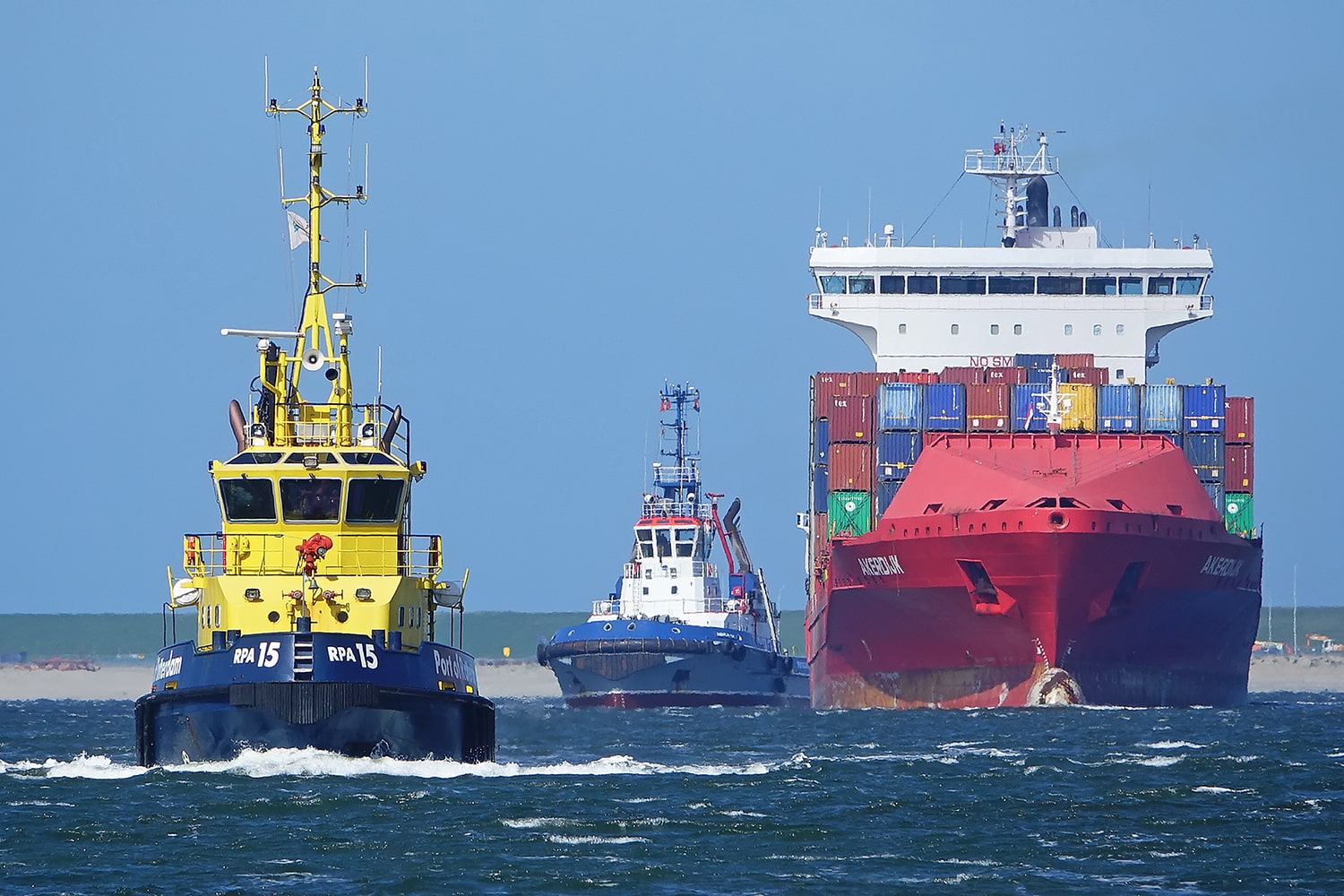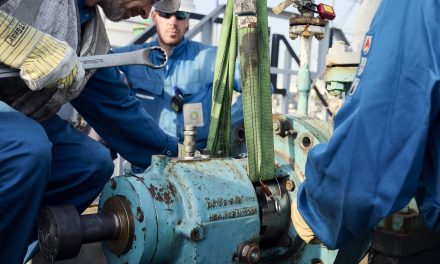
Amper impact sancties op haven Rotterdam

Foto: Havenbedrijf Rotterdam/Kees Torn
De Rotterdamse haven heeft niet of nauwelijks last van de sancties die Rusland zijn opgelegd. Dit meldt het Havenbedrijf Rotterdam gisteren.
Verschillende havengerelateerde bedrijven hebben naar aanleiding van de Russische inval in Oekraine stappen genomen. Shell verkoopt al haar olie- en gasbelangen in Rusland, BP trekt zich terug uit de Russische oliemaatschappij Rosneft en Maersk laat weten niet meer van en naar Rusland te willen varen. Ook op kleinere schaal nemen bedrijven maatregelen. Zo maakt de digitale expediteur Shypple bekend dat via het platform geen boekingen naar Rusland meer mogelijk zijn.
Impact sancties
Het Havenbedrijf Rotterdam meldt dat de impact van de sancties die Rusland zijn opgelegd ‘betrekkelijk gering’ zijn. Zo wordt de omvangrijke import van ruwe olie, olieproducten, LNG en steenkool op dit moment niet geraakt door de sancties. In de haven is 13 procent van de bijna 470 miljoen ton overslag Rusland-gerelateerd. 30 procent van de ruwe olie komt uit Rusland, 25 procent van de LNG en 20 procent van de olieproducten en kolen.
Zie ook: Shell Moerdijk frist veiligheidstraining op
English translation
Barely any impact of sanctions on port of Rotterdam
The port of Rotterdam is hardly affected by the sanctions imposed on Russia. This is what the Port of Rotterdam Authority reports yesterday.
Various port-related companies have taken steps in response to the Russian invasion of Ukraine. Shell sold all its oil and gas interests in Russia, BP withdrew from the Russian oil company Rosneft and Maersk announced that it no longer wished to sail to and from Russia. Companies are also taking measures on a smaller scale. The digital freight forwarder Shypple has announced that it is no longer possible to make bookings to Russia via its platform.
Crude oil
The Port of Rotterdam Authority reports that the impact of the sanctions imposed on Russia are ‘relatively minor’. For example, the extensive import of crude oil, oil products, LNG and coal is not currently affected by the sanctions. In the port, 13 percent of the nearly 470 million tonnes of transhipment is Russia-related. 30 percent of crude oil comes from Russia, 25 percent of LNG and 20 percent of oil products and coal.









